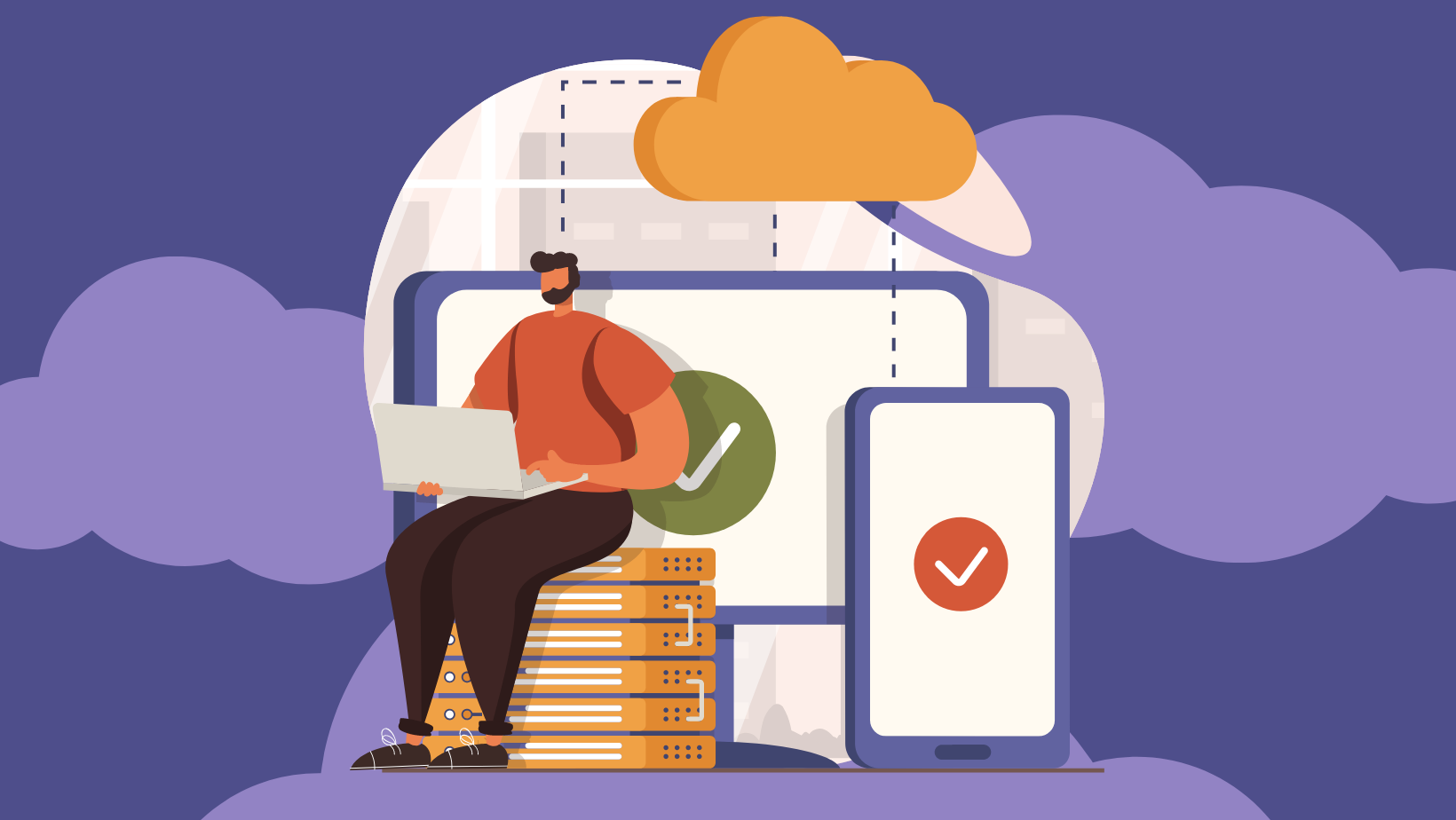It’s no secret that cloud software is becoming more and more popular. A recent study showed that 57% of businesses are now using cloud software. This number will only continue to grow in the years to come.
- The public cloud computing market will be worth $800 billion by 2025.
- By 2024, enterprise cloud spending will make up 14% of IT revenue globally.
- Platform as a Service (PaaS) will grow by 26.1% in 2022.
- 70% of companies using the cloud plan to increase their budgets in the future.
- 57% of businesses will migrate their workloads to the cloud in 2022.
- Amazon Web Services (AWS) had an 80% share of the enterprise cloud adoption in 2022
Source https://techjury.net/blog/how-many-companies-use-cloud-computing/
But with this growth comes an important question: are you keeping your cloud software up to date?
1. Cloud software is constantly evolving and improving. Keeping your software up to date ensures that you take advantage of all the latest features and improvements.
Keeping your cloud software up to date means you get the latest features. This is important because the cloud is constantly evolving and improving. Keeping your software up to date ensures that you take advantage of all the latest features and improvements. Each update includes new features and functionality that can improve your workflow or help you achieve your business goals. Updating your software ensures you’re always taking advantage of the latest advancements.
When was the last time you checked out all the latest features in software?
The cloud is constantly evolving and improving, and this is in part due to the feedback that we receive from users. Software updates include changes and improvements that users like you have suggested.
So by keeping your software up to date, you’re taking advantage of all the latest suggestions and feedback from other users. You can help shape the future of the cloud by continuing to provide feedback and suggestions.
2. Outdated cloud software can be insecure and vulnerable to attacks. Keeping your software up to date ensures that your data is protected from potential threats.

Don’t let slow cloud software stress you out
Increased security. Keeping your software up to date makes it more difficult for hackers to exploit any weaknesses. With each update, developers add new security features and fix vulnerabilities.
Software that isn’t up to date can be vulnerable to attacks and other security risks. Attackers often look for easy targets, and outdated software can be an easy target. That’s why it’s essential to keep your software up to date – so you can protect yourself against these threats.
Outdated software can also be susceptible to viruses and malware, so keeping your software up to date is essential for protecting your computer’s security.
3. Updating your cloud software can help improve performance and optimise efficiency.
Improved performance. Cloud software is constantly being refined and optimised. By keeping your software up to date, you take advantage of these optimisations and enjoy faster speeds and better performance.
Efficient workflow. As new features are added, you may find that some of them can help improve your workflow. You can take advantage of these improvements and work more efficiently by keeping your software up-to-date.
It is optimised for the latest devices. New updates often include support for the latest devices. By keeping your software up
Are you keeping your cloud software up to date? If not, you’re missing out on essential improvements and security enhancements.
Don’t forget to check your cloud software to see if you’re running the latest version! If in doubt, check out 7 Tips on How to Keep Your Cloud Software Up-to-Date.





